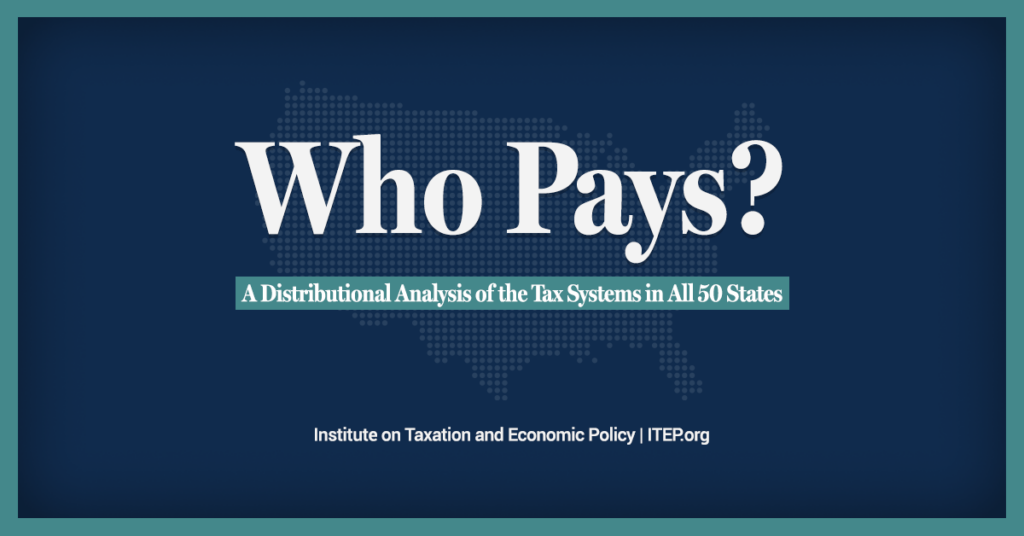Only if you think people make their major life decisions purely based on efficiency. I don't think efficiency is the draw of college for just about anyone, whether they go because they want to or because their desired career requires it.
Well, we live in societies, and what matters for societies is efficiency at a societal level. This is, for instance, a key basis of capitalism: efficiency means cheaper goods and services means profit. Someone somewhere also loses their job, or whatever else.
We have already discussed organisations pushing for efficiency, and systems of qualifications and accreditations and regulations are pretty useful at trying to establish that people have met certain standards that the organisation desires.
However, for a student, a degree offers a planned, regular programme which gets them where they want to go. Do they really want to take their chances with unregulated systems that may have uncertain qualities, outputs, timeframes, costs? Kind of no, really: it could be a lot time, effort and money to waste if the gamble goes sour. Alternative programmes that would offer the same security such as apprenticeships would also do, but for the most part and in many areas, degrees are just what's available and where it's at.
Literally doesn't matter what the degree is in, it's just gatekeeping. Like, I worked for UPS for a year, they were ready to promote me out of the union job into management in 2 months based solely on work performance, but only if I either had a degree or signed a note promising I'd start taking classes in a certain timeframe (I signed their note and got out before the deadline).
Like, you both see this accountability and accreditation, what I see is HR being useless. Organizations that are hiring have stopped even considering the quality of candidates in many cases, all they're looking at is whether the pieces of paper that come with check enough boxes to say "well, they had all the qualifications, how could we have known they suck?"
HR needs efficiency, too. You have a CV and an interview, and neither of those are ever going to be foolproof: duffers (especially if they are good at blagging and appear very confident) will always slip through. The process is to maximise the probability of a decent hire within a reasonable workload.
So let's say you have 50 applicants, a panel of three people, and it takes an hour to scrutinise the CV and prep the interview, and an hour for interview. To do all, that's 300 hours of work time to appoint someone (not including other background bureaucracy). Or you can find a way to filter out the candidates less likely to be competent: so, why not qualifications? Very likely some companies may use degrees to filter when the job doesn't require a degree. It's still likely beneficial to them. And if they can't get enough applicants, they just re-advertise dropping a degree as a requirement.
Finally, what you're saying here after just telling us you trust organisations is that you don't trust organisations. You are telling us that in your opinion your employer was not competently determining the capabilities required for the job you were interested in. But another way of looking at it might be that the organisation has correctly determined the professional development expectations that will lead to competent personnel. In this, the assumption might be that you are not fully competent at the time of appointment, but they think you will be with additional training, which is why they demanded you take a course. And many employers do that: a candidate has promise but they need development, so their contract requires them to get that development and have proof they learnt was expected of them to a reasonable standard.






